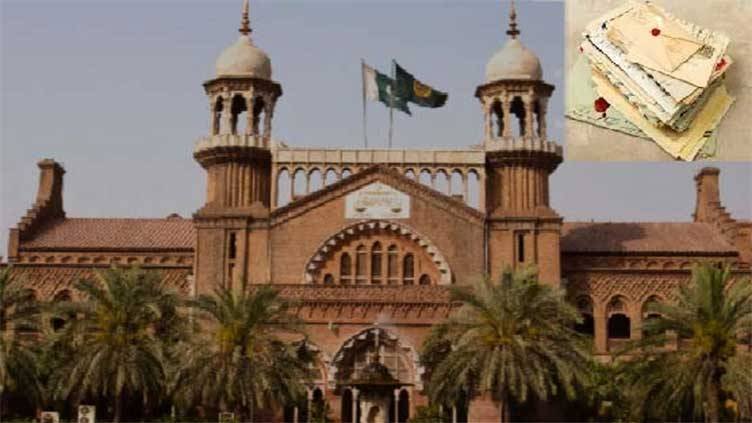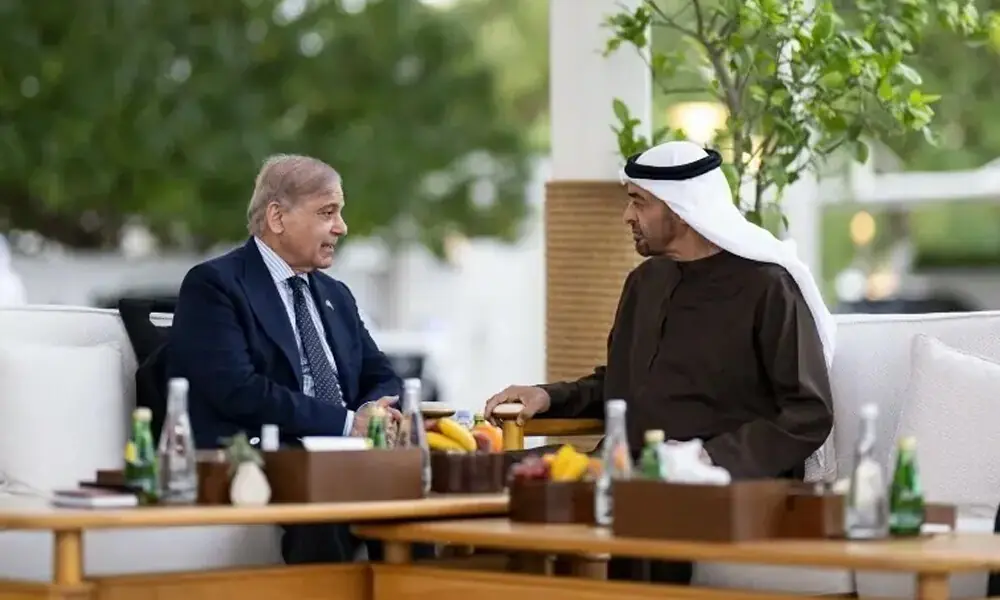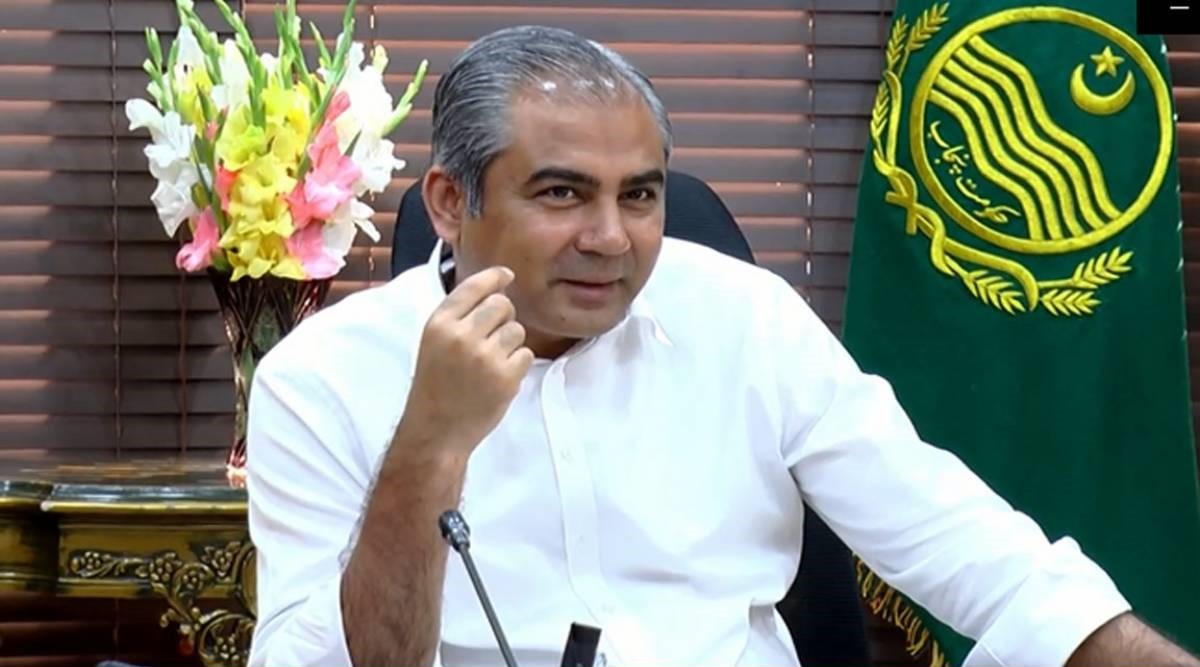The International Monetary Fund (IMF) has turned down Pakistan’s proposal to offer subsidised electricity tariffs for crypto mining, data centers, and select industrial sectors, warning that such incentives could further strain the country’s fragile power sector and distort the energy market.
Appearing before the Senate Standing Committee on Power, Power Secretary Dr. Fakhray Alam Irfan confirmed that any major initiative in the energy sector requires IMF clearance. He stated that although Pakistan has excess electricity—especially in winter months—the IMF remains concerned about pricing strategies that might undermine market discipline.
In September 2024, Pakistan’s Power Division proposed a six-month incremental electricity package from October to March, offering marginal rates of Rs 23 per kilowatt-hour based on last year’s usage. After prolonged discussions, the IMF approved only a scaled-down, three-month version, citing the risk of market disruption.
Later, in November 2024, the Power Division pitched another plan, targeting high-consumption sectors such as copper and aluminium melting, data centers, and crypto mining. The proposal, priced at Rs 22–23/kWh, was designed to boost off-peak electricity use and lower capacity charges. However, the IMF rejected the idea, equating it with past sector-specific tax breaks that have historically created imbalances.
Dr. Irfan confirmed that the proposal is still under review by the World Bank and other international partners, and has not been withdrawn. “We remain engaged with global institutions to refine the plan,” he said.
Meanwhile, tensions flared during the Senate committee session over a recent government agreement with commercial banks to reduce the ballooning circular debt, currently at Rs 1.275 trillion. Senator Shibli Faraz criticised the deal, claiming banks were “forced at gunpoint” to provide loans. “Had I been a banker, I would have refused,” he said, warning that the burden would eventually be passed on to consumers.
Dr. Irfan dismissed these claims, clarifying that no new levies had been imposed. He added that the existing Debt Servicing Surcharge (DSS) of Rs 3.23/kWh would continue for another five to six years to service the repayments. He also pointed out that the government had reduced circular debt inflows through timely subsidy disbursements.
Highlighting measures to improve billing transparency, Dr. Irfan said over 500,000 users have downloaded the “Apna Meter Apni Reading” app, which allows consumers to upload photos of their meter readings to prevent inflated bills. The app, currently in use across the national grid, will soon be expanded to K-Electric consumers in Karachi.
The absence of the Federal Power Minister drew sharp criticism from senators, who expected answers on Independent Power Producers (IPPs) and broader inefficiencies in the power sector. Senator Mohsin Aziz called the establishment of certain IPPs a “grave injustice” and questioned why the government has not reclaimed excessive profits. Senator Shibli Faraz alleged that project costs were deliberately inflated to justify generous returns, claiming that ordinary citizens continue to pay the price for policy failures.
Senators also raised alarm over extended power outages in regions such as Tharparkar, Matiari, and Umerkot, where consumers—despite paying their bills—face up to 14 hours of load shedding daily. Senator Poojo Bheel accused local officials of corruption, alleging that illegal connections are restored in exchange for bribes, while legitimate consumers are left in the dark.
In response, Dr. Irfan explained that “revenue-based load shedding” is imposed in areas where transmission losses exceed 20%, citing the tragic killing of a SEPCO employee during a disconnection operation as an example of the challenges faced by field staff.
From K-Electric, Chief Distribution Officer Sadia Dada reported that 30% of their 2,100 feeders face load shedding due to widespread electricity theft, particularly via illegal hookups (Kundas) in informal settlements. She noted that KE is offering installment plans for consumers struggling to pay their bills.
Dr. Irfan also stated that 58% of electricity users fall under the “protected” category and pay just Rs 10 per unit. He added that the government, in agreement with international partners, will provide Rs 250 billion in subsidies to support low-income consumers while ramping up digital tools to reduce power theft.
Senator Haji Hidayatullah highlighted a troubling case of overbilling, where a Peshawar property that had already cleared its dues was slapped with a Rs 2.3 million bill. He claimed PESCO officials offered to “settle” the matter for Rs 300,000, calling it blatant corruption. Dr. Irfan assured that a full investigation will be launched.
Meanwhile, HAZECO’s CEO briefed the committee on chronic issues in Sub-Division Lora Chowk, including feeder malfunctions, estimated billing, and delays in ELR work under several pending release numbers.
Frustrated with vague responses from the Power Division, the Senate committee ordered the department to submit detailed, written replies at the next meeting. The overall tone of the session underscored growing public and legislative dissatisfaction with how Pakistan’s energy crisis continues to be mishandled.















